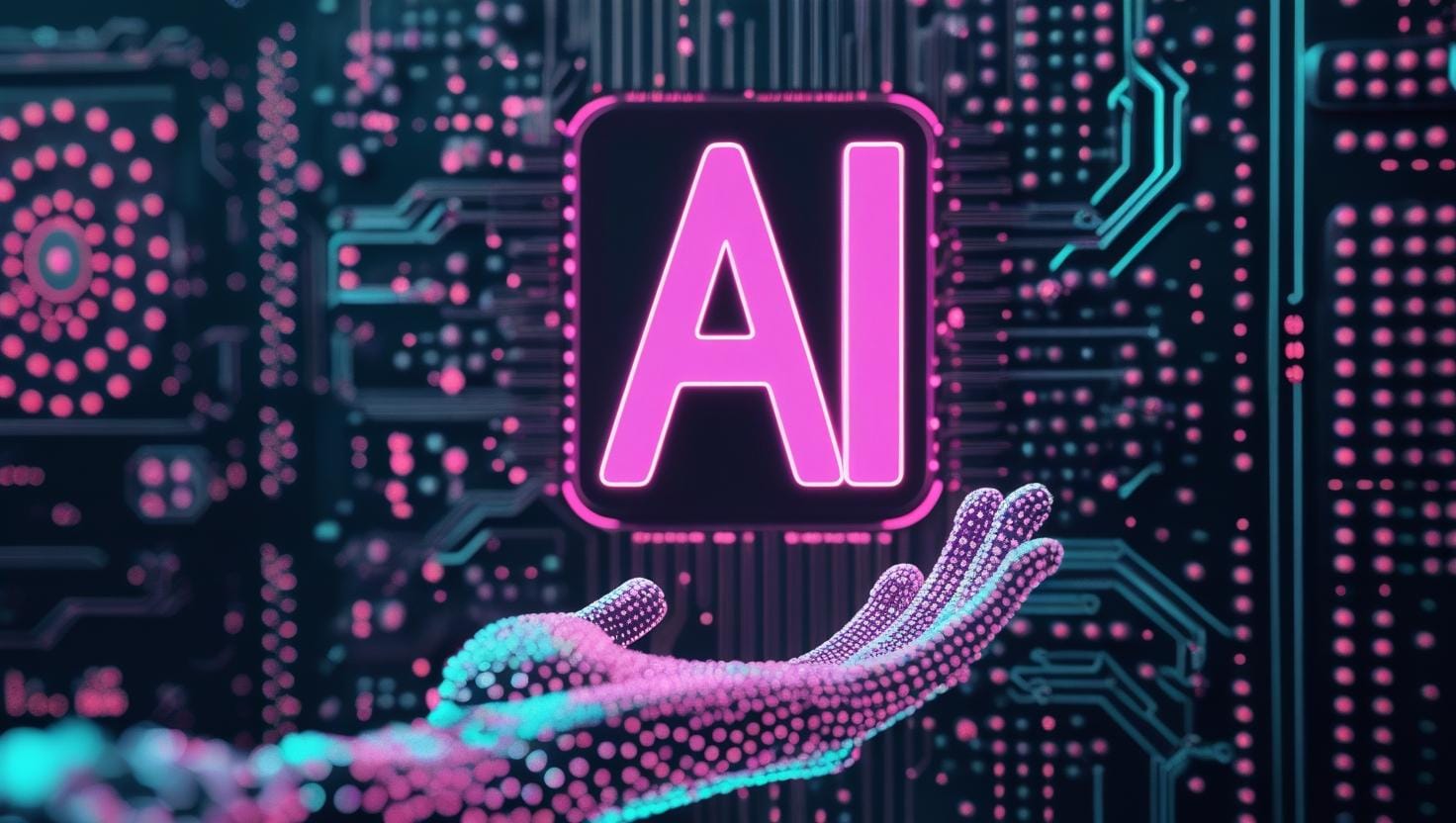Knowledge Management: The Hidden Foundation of AI Success

Artificial intelligence systems are only as intelligent as the knowledge they can access, validate, and reason with. Despite billions invested in AI, more than 70% of CEO's are not happy with AI investment return (Gartner, 2025).
Research from leading academic institutions and consulting firms reveals a stark reality: 80% of AI projects fail primarily due to poor knowledge management and data quality issues (Informatica, 2025).
Garbage In = Garbage
The corporate knowledge that feeds generative AI needs to be well-curated for accuracy, recency, uniqueness, and other attributes if generative AI models are to be highly useful. Poor-quality knowledge yields poor-quality responses from genAI models (Harvard, 2024).
The 'Load and Go' Myth Persists
Many technology vendors erroneously claim AI can be pointed at any data for magical results. However, just as humans don't review every book in a library to answer a question, AI systems need curated, domain-specific knowledge. They require the same filtering and focusing that human experts use—excluding irrelevant categories and zeroing in on authoritative, contextual sources.
To combat halluicinations "organizations must prioritize the active curation and maintenance of their knowledge assets, ensuring that the information fed into the genAI models is accurate, up to date, and valuable."(Forrester Research, 2024)
Researchers revealed RAG systems (AI chatbots that are connected to a company knowledge base known as a Retrieval Augmented Generation system) with high quality curated knowledge bases achieved nearly 80% accuracy compared to 31% with poor knowledge management (Stanford, 2024).
Knowledge Engineering: The Missing Link
Knowledge engineering—the restructuring of content and data for AI manipulation and ingestion—has emerged as the critical discipline organizations must master. Without an optimized knowledge cleaning program there is no AI. This involves parsing, contextualizing, and focusing content on finite scenarios rather than the 'load and go' approach many organizations mistakenly attempt.
Conclusion
The evidence is clear: If an organization wants GenAI to work, it needs to put knowledge management at the front, and not as a supporting function.
